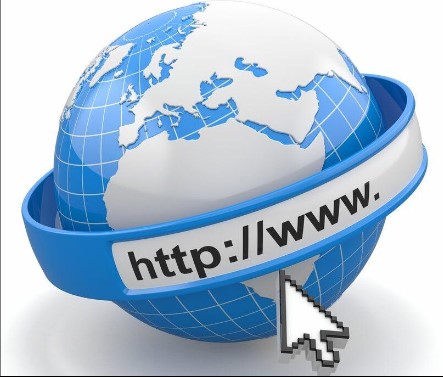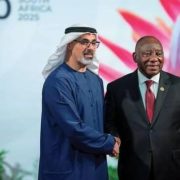The cost of broadband subscriptions and digital devices has remained a major barrier to connectivity worldwide, a new report from the International Telecommunication Union (ITU), the United Nations specialized agency for information and communication technologies. appears to confirm.
RELATED: New report shows IXPs are critical to improving Internet access, lowering connectivity costs in Africa
While Internet access has become progressively cheaper in richer countries, getting online is still prohibitively expensive in many in low- and lower-middle-income economies.
While the number of Internet users surged from a just a few million in the early 1990s to almost five billion today, 2.9 billion people – or around one third of humanity – still remain totally offline, and many hundreds of millions more struggle with expensive, poor-quality access that does little to materially improve their lives.
In most African countries, scarce bandwidth provided by cable connections has meant a huge part of Internet traffic on the continent is carried by expensive satellite links significantly impacting on access and affordability for millions of Africans.
While growth of Africa’s Internet access has remained exponential, largely driven by mobile Internet, penetration has remained low at less than 30%. In Nigeria with 40% broadband penetration as at December 2021, millions still cannot access functional and affordable Internet. But government has a 80% target for nationwide access by 2025.
According to the report, the immense potential of the Internet for social and economic good remains largely untapped despite 30 years of steady growth.
Launched to coincide with the opening of ITU’s World Telecommunication Development Conference in Kigali, Rwanda, the Global Connectivity Report 2022 argues that while easy, affordable access to fast broadband is near-ubiquitous in most rich-world nations, vast swaths of humanity remain excluded from the immense possibilities offered by the online experience, stunting economic development and deepening global inequalities.
The report advocates for putting ‘universal and meaningful connectivity’ – defined as the possibility of a safe, satisfying, enriching, productive, and affordable online experience for everyone – at the centre of global development. It also evaluates how close the world is to achieving that universal and meaningful connectivity, using the connectivity targets for 2030 recently released by ITU and the Office of the UN Secretary-General’s Envoy on Technology.





























